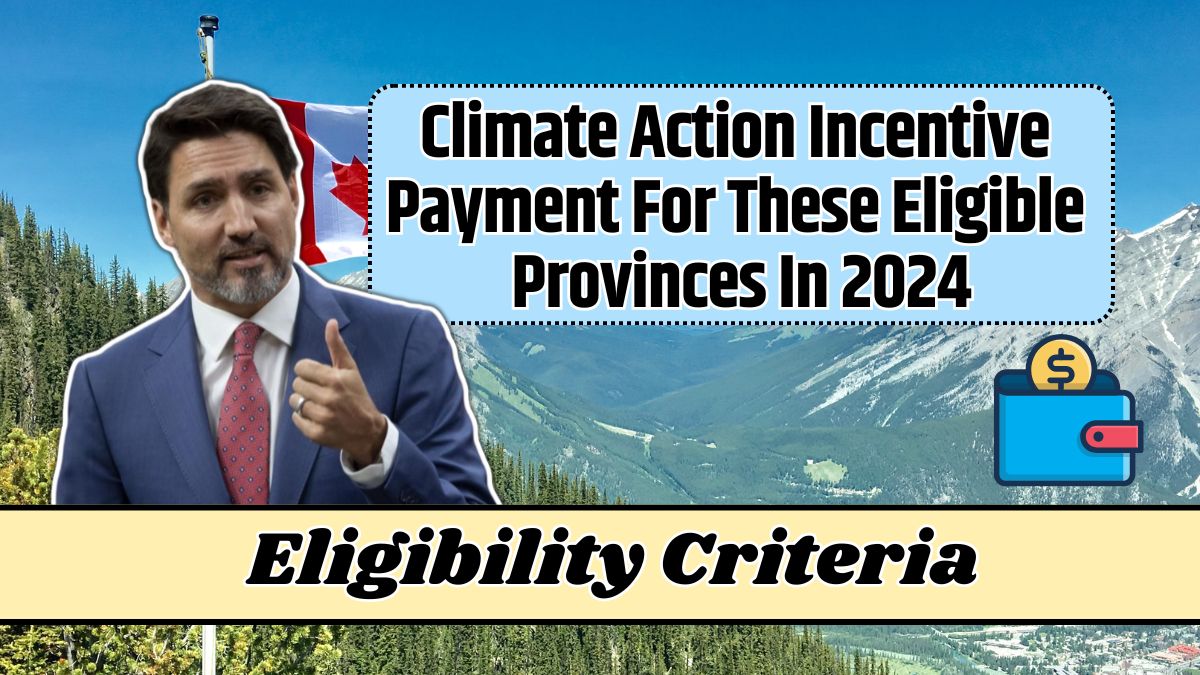The Canada Pension Plan (CPP) death benefit is a financial lifeline for families dealing with the loss of a loved one. Currently capped at $2,500, this one-time lump-sum payment has remained unchanged for years.
However, a recent bill proposes increasing the benefit to $5,000 for certain individuals. Let’s break down what this means, who qualifies, and how it could impact Canadians.
What Is the CPP Death Benefit?
The CPP death benefit provides a one-time payment to the estate or surviving family of a CPP contributor who passes away. Its primary purpose is to help cover funeral expenses and related costs.
Key Details of the Current Benefit
- Amount: $2,500 lump-sum payment.
- Eligibility: The deceased must have contributed to CPP during their working years.
- Recipient: Usually the estate or, if unclaimed, a surviving spouse or common-law partner.
However, with average funeral costs in Canada exceeding $10,000, many argue that the $2,500 payment doesn’t go far enough.
Proposed $5,000 Increase: What’s Changing?
A proposed bill aims to increase the CPP death benefit to $5,000, but this change wouldn’t apply to everyone.
Who Would Benefit?
The $5,000 payment would primarily be available to individuals who:
- Have no survivors (e.g., spouse, common-law partner, or children).
- Did not collect CPP benefits before their death.
This adjustment would help ensure that individuals with no dependents still provide meaningful financial relief to their estates, reflecting the value of their CPP contributions.
Why Is This Change Proposed?
The government’s objective is to offer better financial support to those who don’t leave behind dependents. In cases where the death benefit might otherwise go unused, the proposal seeks to make these funds more impactful by increasing the payout.
Will Everyone Receive $5,000?
No, the proposed increase is limited to contributors without survivors. For those with dependents, the benefit remains at $2,500.
How Does the Current Benefit Work?
Understanding how the existing benefit operates is essential before diving into potential changes.
| Key Feature | Current Benefit |
|---|---|
| Amount | $2,500 lump sum. |
| Eligibility | Must have contributed to CPP. |
| Recipients | Estate or surviving family (spouse/partner). |
| Purpose | Cover funeral and related expenses. |
How to Apply for the CPP Death Benefit
Applying for the CPP death benefit is relatively simple but requires proper documentation and eligibility verification.
Step-by-Step Process
- Obtain a Death Certificate
Confirm the death of the contributor by acquiring the official certificate. - Verify Eligibility
Ensure the deceased made sufficient CPP contributions during their working life. - Contact Service Canada
Start the application process online, by phone, or at a Service Canada office. - Submit Required Documents
Provide a death certificate, proof of relationship (if applicable), and other requested paperwork. - Receive Payment
If approved, the benefit amount will be sent to the estate or eligible individual.
What Happens If the $5,000 Proposal Passes?
If the proposed bill becomes law, estates of eligible individuals without survivors would receive the increased $5,000 benefit. However, the timeline for approval remains uncertain.
Why It Matters
This increase would offer more significant financial support, helping to bridge the gap between the current $2,500 benefit and rising funeral costs.
While the proposed $5,000 CPP death benefit won’t apply to everyone, it reflects the government’s effort to address financial disparities in end-of-life expenses. Staying informed about these potential changes ensures you can plan accordingly, whether for yourself or your loved ones.













